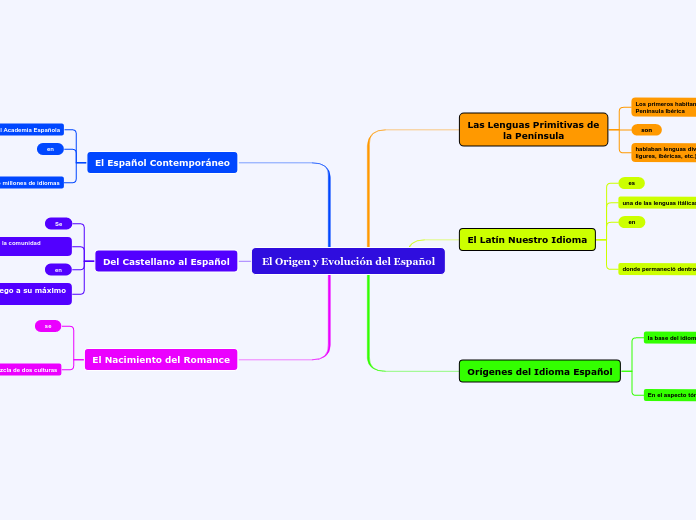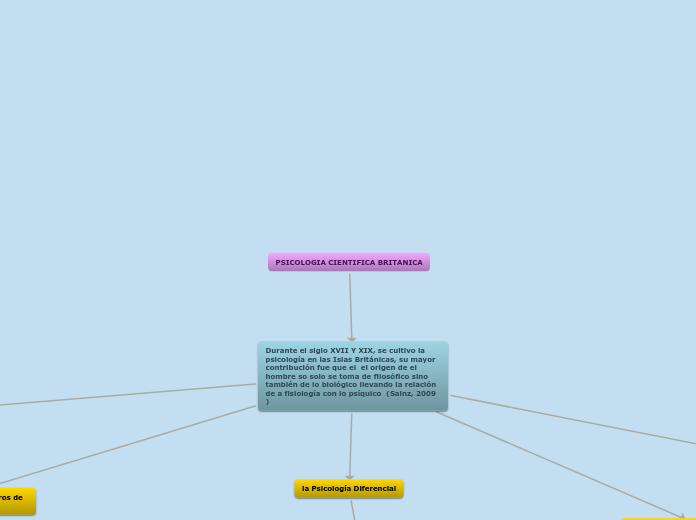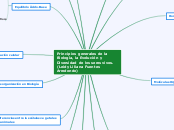El Origen y Evolución del Español
Conflict is present everywhere in the world around us. We experience conflict on a daily basis, and it can be minor or major.
Conflict in a story is a struggle between opposing forces. Characters must act to confront those forces and there is where conflict is born. If there is nothing to overcome, there is no story. Conflict in a story creates and drives the plot forward.
El Nacimiento del Romance
In this type of conflict, a character must take on society itself, and not a single person. The character stands at odds with societal norms and realizes the necessity to work against these norms. This is an external conflict.
dio a raíz de la mezcla de dos culturas
Give examples of man versus society conflict in a literary work.
las Penínsulas
Hispania
se
Del Castellano al Español
This situation results from a protagonist working against what has been foretold for that person. While this conflict was more prevalent in stories where gods could control fate, such as in ancient Greek dramas, there are still examples of this type of conflict in more contemporary literature.
en el siglo XVII la lengua llego a su máximo esplendor
Since in real life we can't say that such examples of man versus supernatural, there are some superstitions that can influence a person's life.
Give examples of these superstitions.
llama castellano por ser el nombre de la comunidad lingüística
Give examples of man versus fate conflict in a literary work.
Se
El Español Contemporáneo
A more contemporary type of conflict, this situation results from humans involved in a struggle with man-made machines. This is an external conflict.
el mundo hay más de cinco millones de idiomas
As this conflict is more science fiction based, in real life we can't find such examples.
However, as technology became a big part of our lives there are some situations that man made machines affects our lives.
Find such examples.
el tercer idioma es el español
los dos más utilizado el ingles y la española
el año 1713 se fundó la Real Academia Española
Give examples of man versus machine conflict in a literary work.
su tarea fijar el idioma y sancionar los cambios
Orígenes del Idioma Español
This conflict develops from a protagonist’s inner struggles and may depend on a character trying to decide between good and evil or overcoming self-doubt. This conflict has both internal and external aspects, as obstacles outside the protagonist's force them to deal with inner issues.
En el aspecto tónico el latín literario
Give examples of man versus self conflict in the real world.
cinco vocales cortas
cinco vocales largas
diferenciaba
la base del idioma español
Give examples of man versus self conflict in a literary work.
el latín vulgar propagado en España
El Latín Nuestro Idioma
In this type of conflict, a character is tormented by natural forces such as storms or animals. This is also an external conflict.
donde permaneció dentro de este árbol genealógico
Give examples of man versus nature conflict in the real world.
se convirtió en la lengua del mayor imperio conocido en la antigüedad.
y
empezó siendo lengua de una comarca
en
una de las lenguas itálicas
Give examples of man versus nature conflict in a literary work.
es
Las Lenguas Primitivas de la Península
A situation in which two characters have opposing desires or interests. The typical scenario is a conflict between the protagonist and antagonist. This is an external conflict.
hablaban lenguas diversas célticas, ligures, ibéricas, etc.)
Give examples of man versus man conflict in the real world.
son
Los primeros habitantes de la Península Ibérica
Give examples of man versus man conflict in a literary work.









